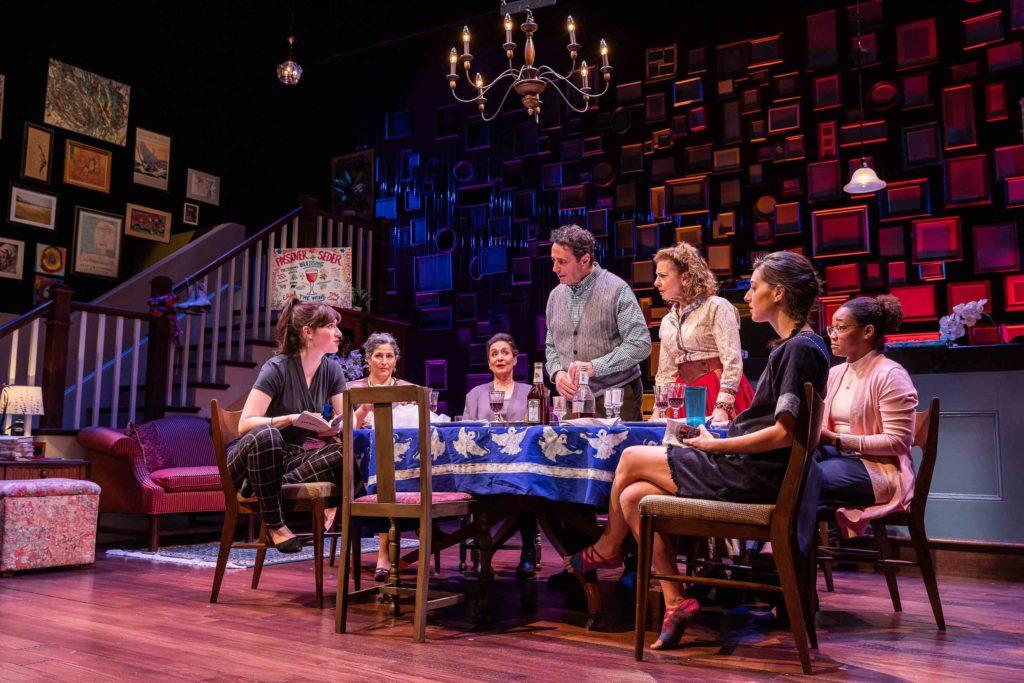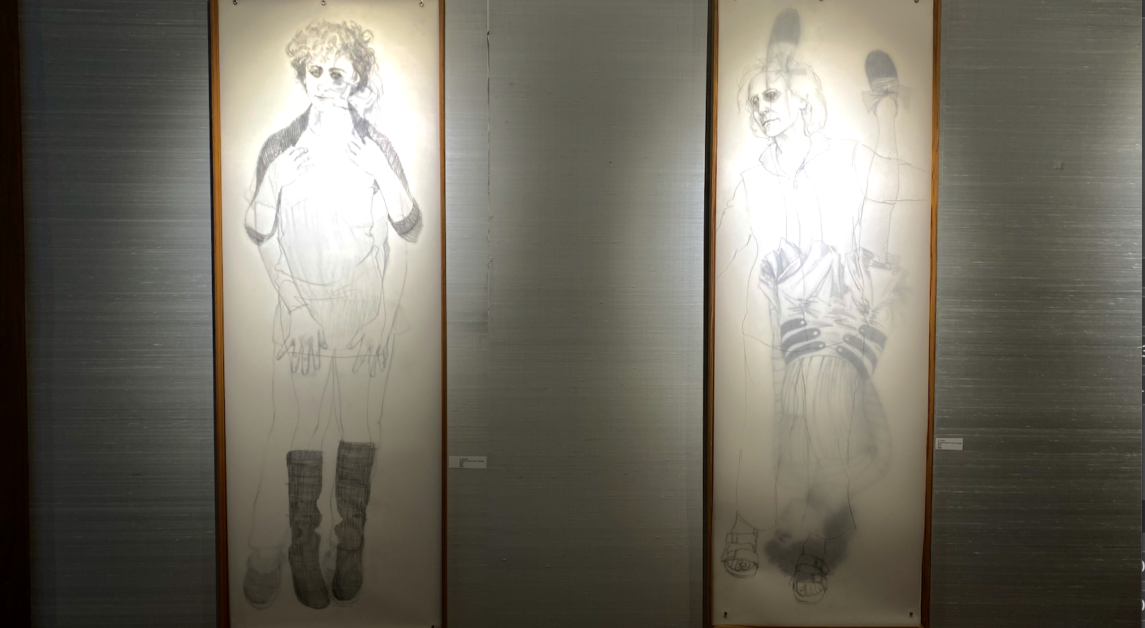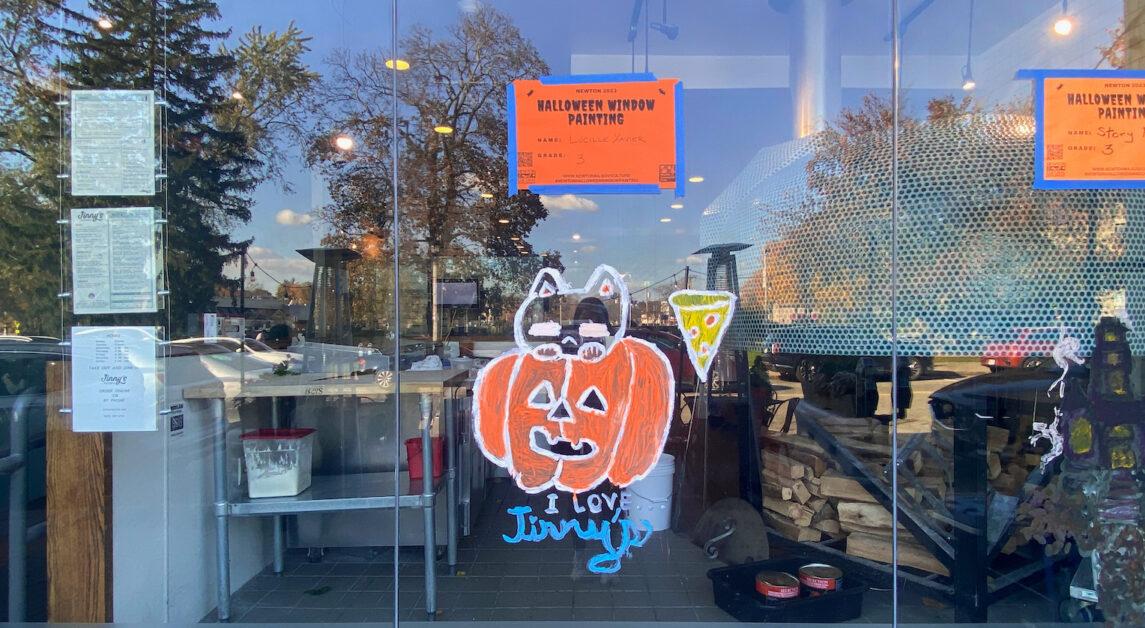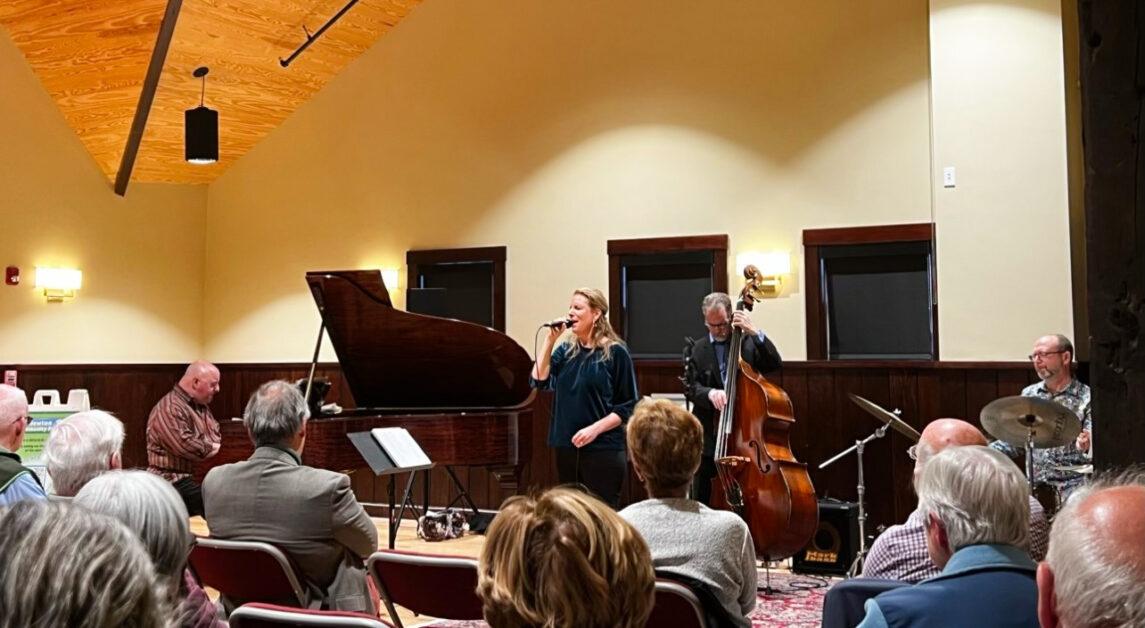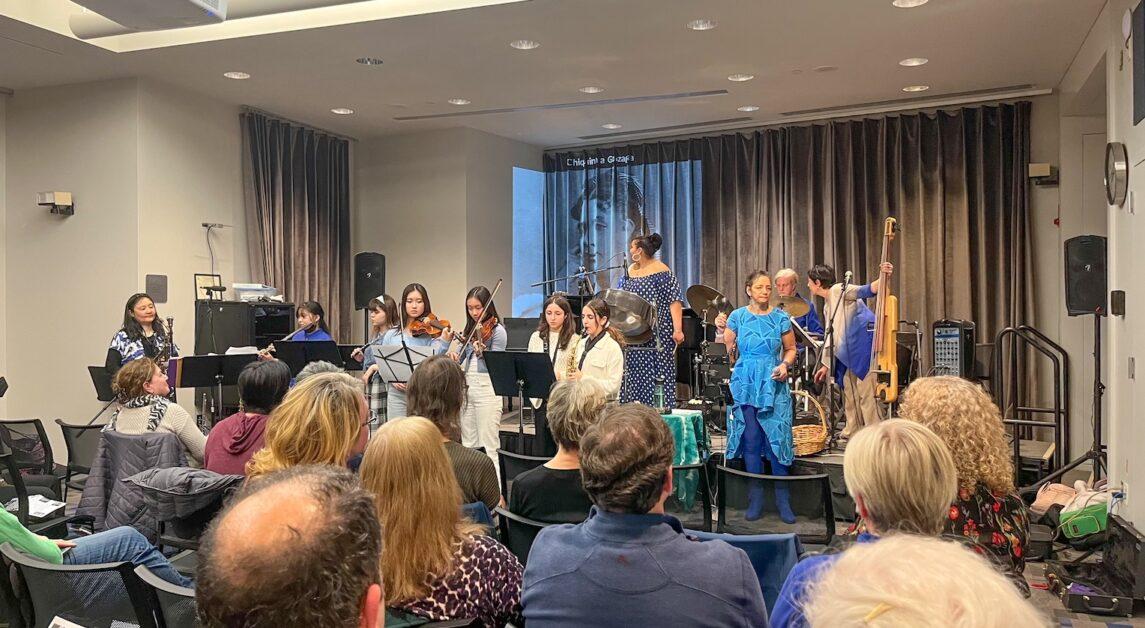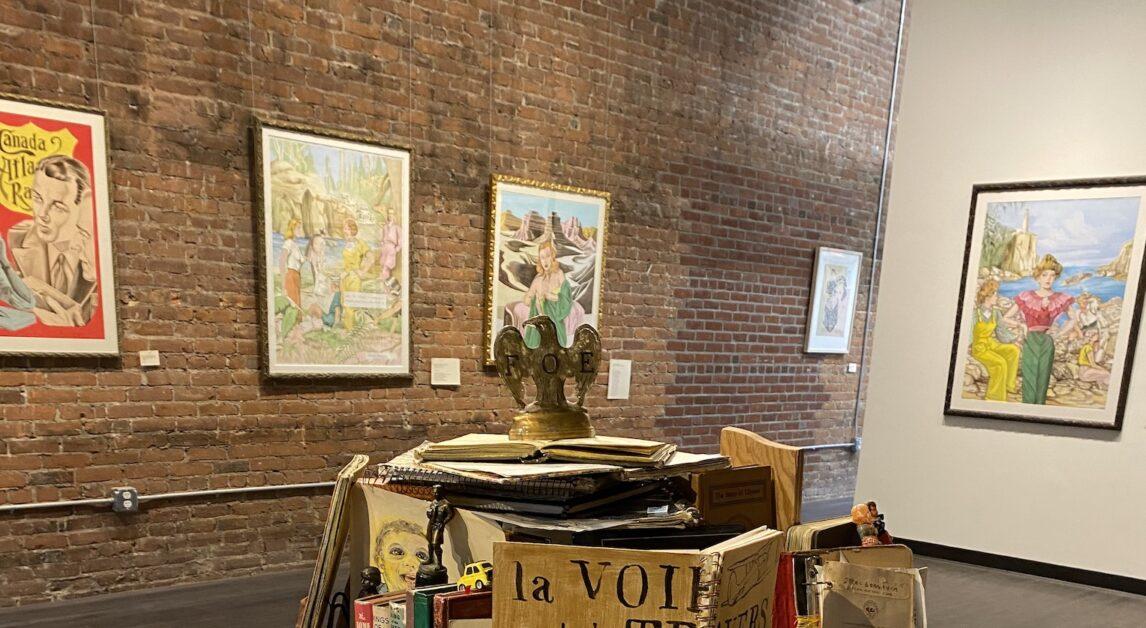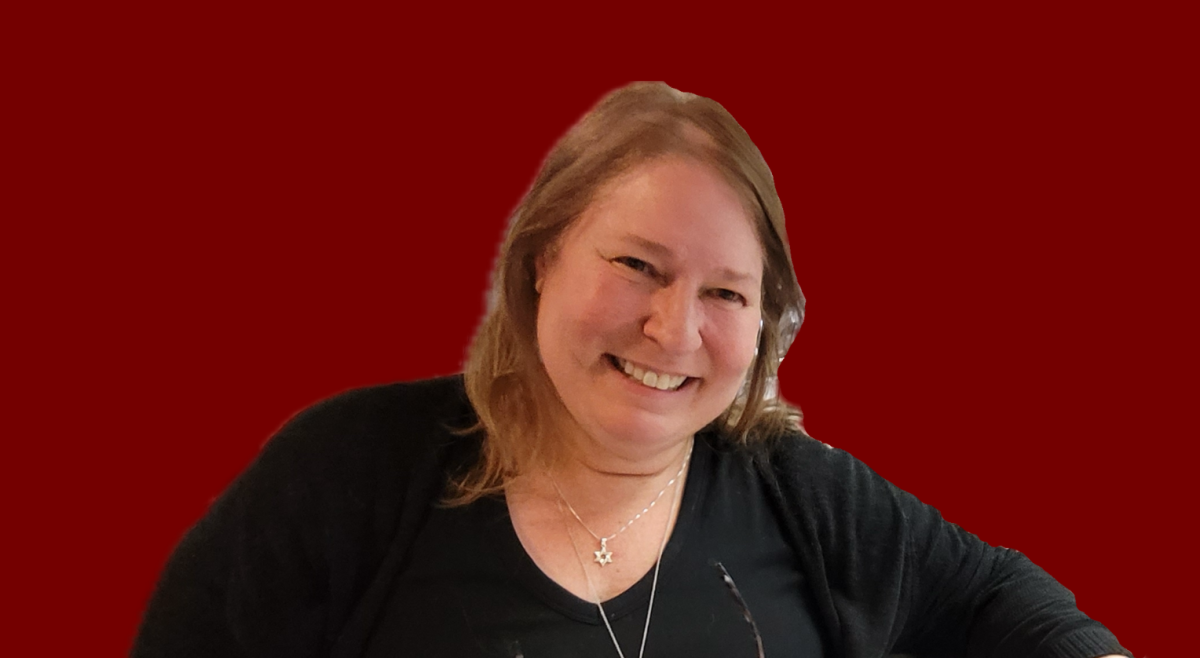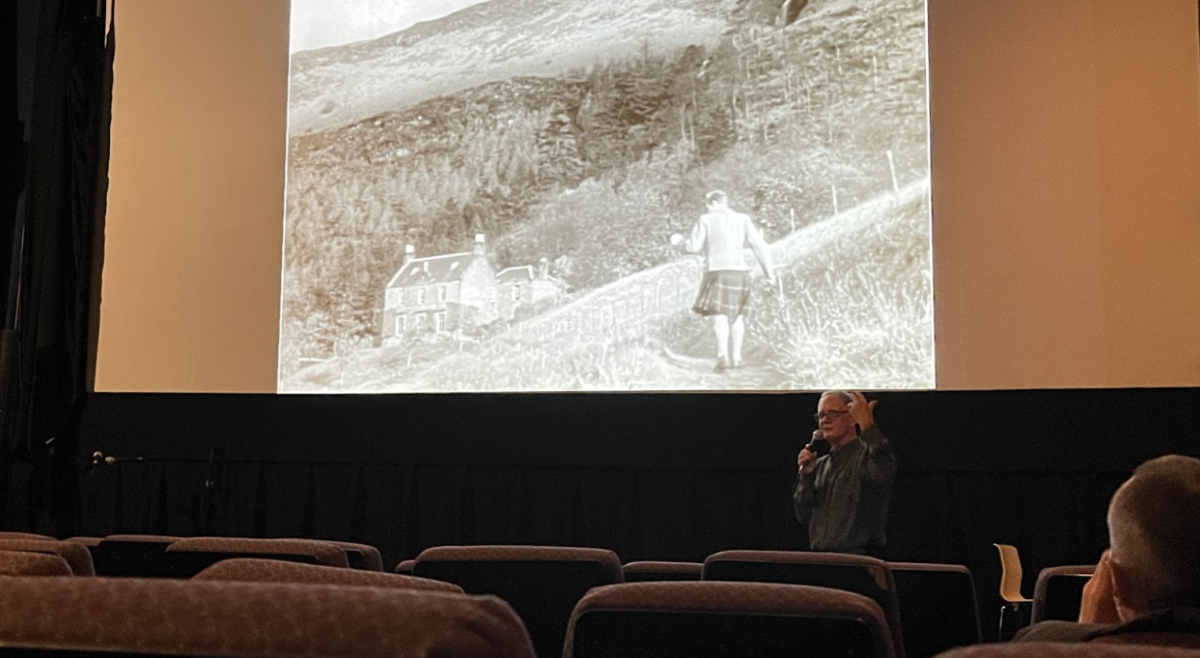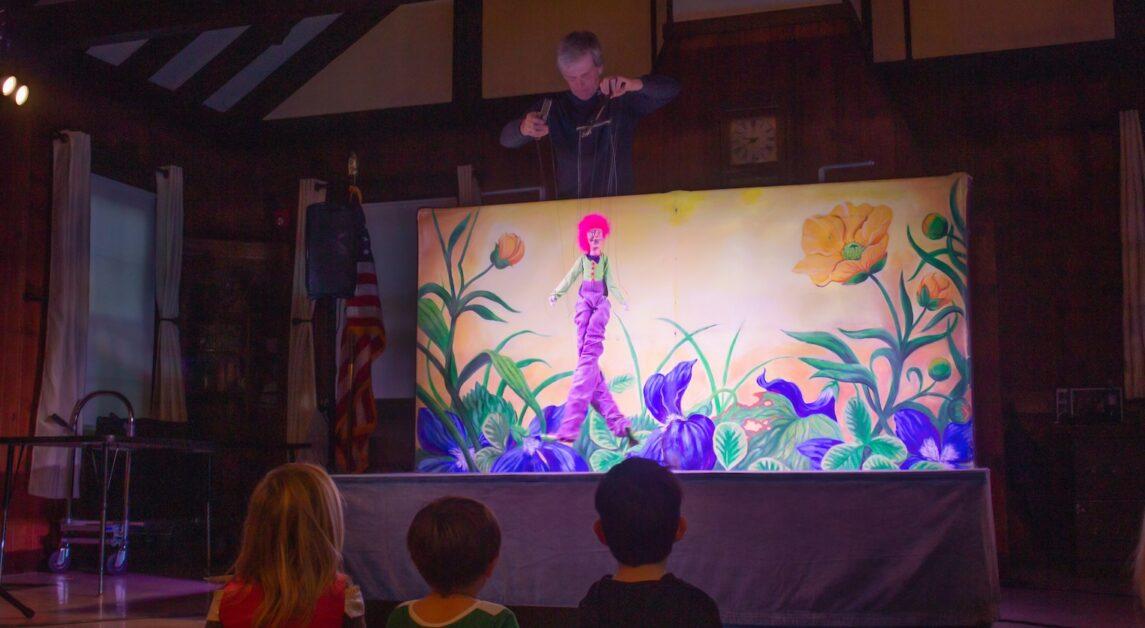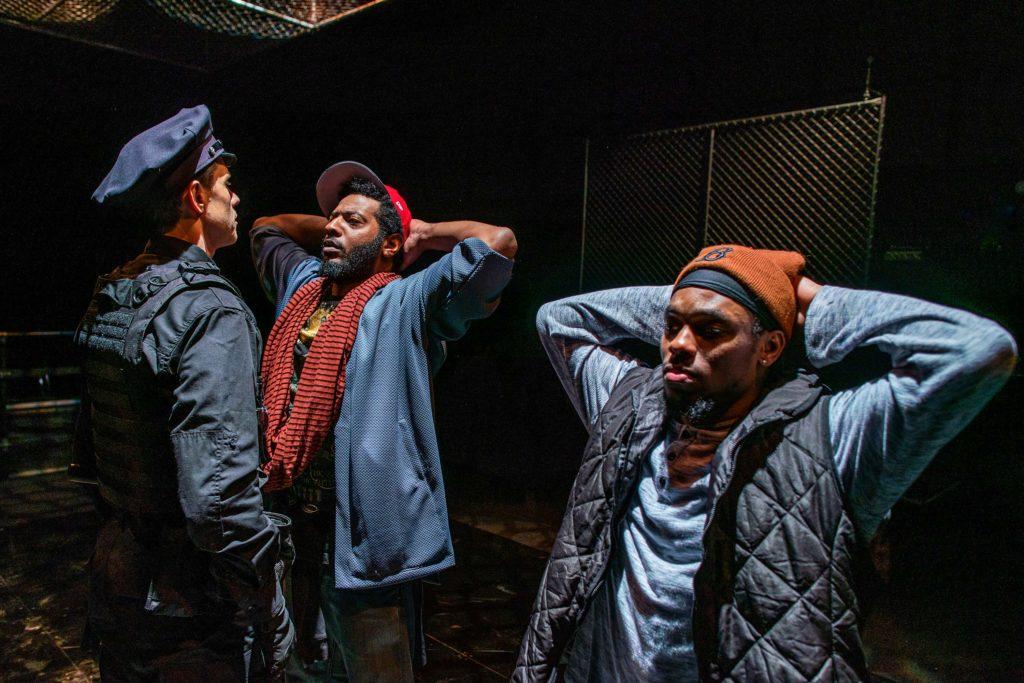Traditions are nostalgic, unifying, and unique to the group that has them. When it comes to holidays, all families have their own ways of celebrating. There are times when family holidays seem like a drag because there’s the repetitive explanation of what you’re doing with their life to that one aunt who makes an appearance once a year. Or your family still celebrates childhood traditions, but as a college student they now seem a bit babyish. But at the end of the day, holiday traditions are what bring families together and remind us of why family is so important.
We All Fall Down, written by Lila Rose Kaplan and performed at the Huntington Theater, comically illustrates the importance of family connection and tradition. The play takes the audience into the home of the Stein family, who is trying to hold onto its family memories by getting the family together for a religious holiday.
The home of the Stein family is everything you’d expect from a family preparing for a holiday celebration: shouting across different rooms of the house, siblings bickering, and a long list of tasks waiting to get done before the guests begin to arrive. Center stage is a dining room table with the kitchen behind it. To the left of the table is a staircase, cluttered with ice skates and soccer cleats hanging on the railing, and pink and purple tutus draped on the rail posts. A waterfall of picture frames with family photos fill the backdrop of the Stein family home.
The play takes place in mid-April as the Steins are preparing for a Seder in their family home in Westchester, N.Y. However, the Stein family has never had a Seder before. The Steins, a family of four with two Jewish parents, have celebrated Christmas, but they have never celebrated Passover.
Linda (Eleanor Reissa) is the matriarch of the family and a psychologist who just came out with a new book called Mothering Difficult Children. She has orchestrated the entire night with the help of her assistant, Ester—played by Elle Borders—who joins the family for the Seder. Throughout the play, we observe Linda’s matriarchal role in the home. She has two daughters: Ariel (Dana Stern), a 20-something training to become a yoga instructor, and Sammi (Liba Vaynberg), a history teacher at an all-girls charter school in San Francisco. The two are confused by their mother’s decision to host a Seder. But whatever mom says, goes.
Their father, Saul (Stephen Schnetzer), is a recently retired history professor who grew up celebrating Passover. He stopped, however, once he and Linda got married. His sister Nan (Phyllis Kay) and a former neighbor, Beverly (Sarah Newhouse), also join for the Seder and are also confused by Linda’s eagerness to celebrate the holiday.
For the Steins, this Seder is like the opening of Pandora’s Box. Throughout the play, the audience comes to understand the thread of plots that tie into the anticipated Seder: a lack of understanding of Sammi’s choice to live across the country, a big announcement from Ariel about an opportunity to train in Bali, a tension because Ester is new to the family circle, and a strong concern for Saul’s fading memory. Yet as the Seder plays out, the family members come to address and resolve their conflicts by recollecting their happy memories together. They are rarely all in the same room, and they realize that remembering their times together is healing and heartwarming.
As the family faces heavy grievances and frustrations, the play portrays them in a humorous way that follows with laughter from the audience. The hysterics from the audience are so great that it is hard to hear the character’s lines. Nan and Linda’s characters carry most of the hilarity. For instance, as everyone is seated at the table and the Seder is about to start, Nan is stalling by sitting on the toilet reading a magazine because she doesn’t want to participate in the elementary Passover celebration. Likewise, as Linda lectures Sammi about why she needs to move away from California and go to graduate school in New York, she says, “You used to be an intellectual. Your brain is wilting. You’ve gotten too much sun. You need cold weather to be an intellectual. Think about the Russians.” The humor feels like a blend between a sitcom and The Marvelous Mrs. Maisel and produces organic laughter from the audience.
We All Fall Down uses humor to portray the antics of the Stein family’s holiday. The show is also representative of how everyone’s family has its ups and downs, but the nostalgia of recalling memories of past family traditions can reinforce loving relationships. In the end, the play shows relatable aspects of a family gathering—encompassing sentimentality. The run of We All Fall Down has been extended by popular demand until Feb. 16 at the Calderwood Pavilion at the BCA.
Featured Image by The Huntington

